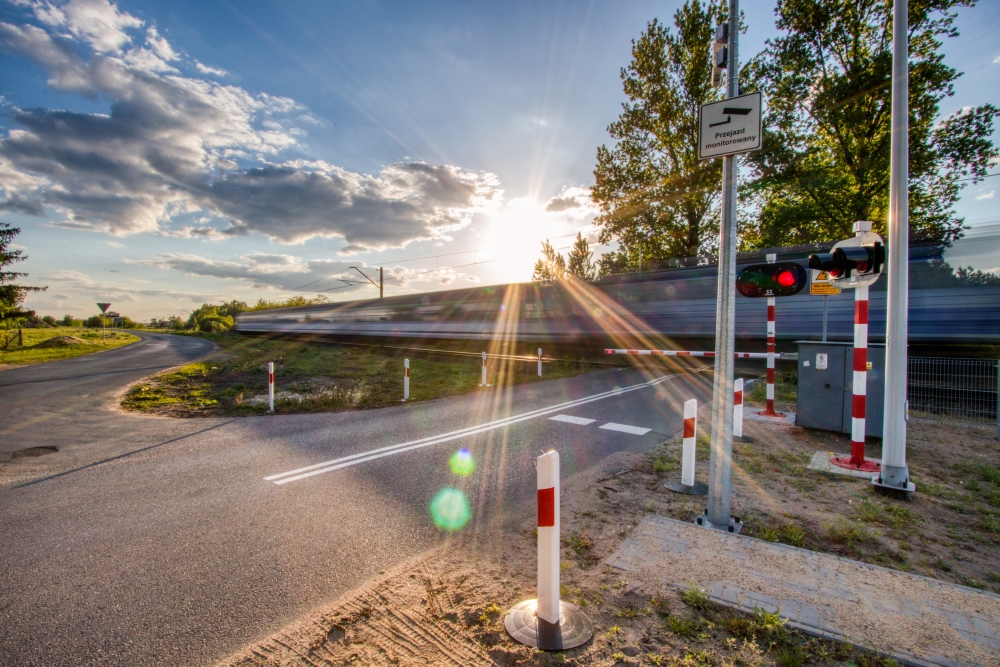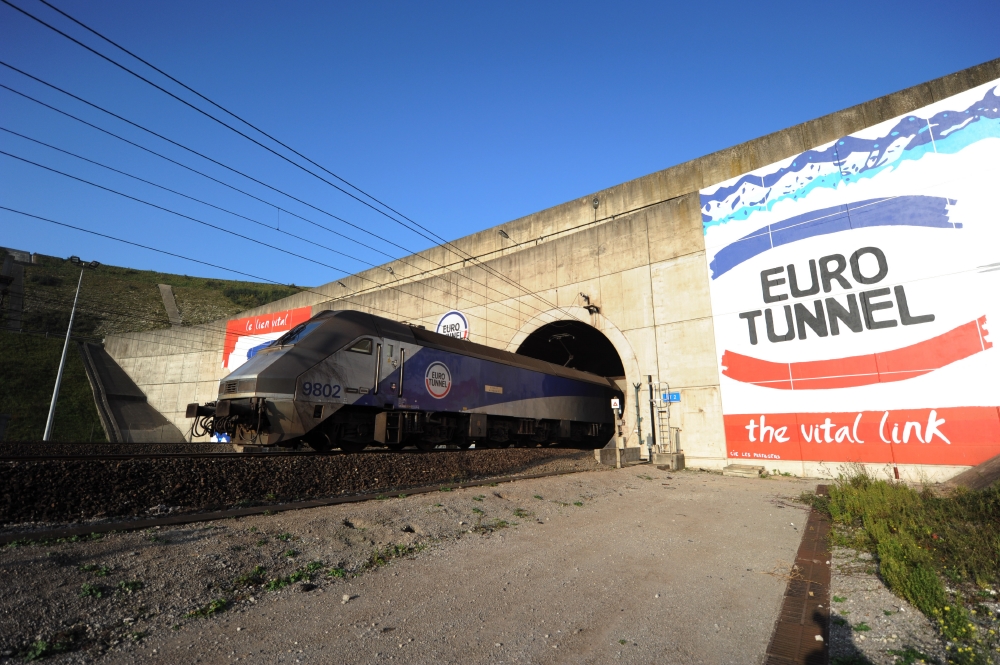


Safety
Objective
To ensure a high-level of safety, rail Infrastructure Managers (IMs) are committed to delivering a safe, high performing and reliable rail network. Regarding safety, their activities are regulated in accordance with the European legislation on safety, i.e. the Railway Safety Directive (EU) 2016/798 and the related Common Safety Methods (CSMs) and, where relevant, the Directive on the Transport of Dangerous Goods 2008/68/EC. All actors operating in the railway system, including IMs and railway undertakings (RUs), cooperate effectively to bear the full responsibility for the safety of their networks / operations within the wider railway system.
On European level, the EU Agency for Railways (ERA) establishes and revises regulations to improve the safety of the European railway system.
EIM in action
- EIM’s WG “Safety” is organised as the platform where IMs share best practices and information on their respective ‘Safety Management System’ (SMS) as well as on other topics related to railway safety.
- EIM’s WG “Safety” contributes to all safety-related activities of ERA.
- EIM cooperates with the entire rail sector to achieve improvements in railway regulation and safety, including the participation in the ‘System Safety Management Group’ (SSMG).
- EIM’s WG “Safety” participates in the Group of Analysts of the CSM ASLP (common safety methods for the assessment of the safety level and the safety performance) to contribute to collective learning and the improvement of railway safety.
- EIM’s WG “Safety” is also present in the 4 subgroups under CSM ASLP (SG-A: Event taxonomy and RCMs; SG-B: SP self-assessment; SG-C: SL and SP assessment; SG-D: ISS specification).
- EIM’s experts participated in various JNS Safety investigations which are facilitated by ERA

EIM actions in 2023
- EIM’s WG “Safety” participated in the development of the CSM ASLP.
- EIM’s WG “Safety” followed ERA’s ‘Human & Organisational Factors’ (HOF) Network.
- EIM’s WG “Safety” are following the ‘AsBo Cooperation Group’, which has the task to harmonise the work of the assessment bodies (AsBo).
- EIM, CER and UITP published a common position statement on the postponement of mandatory collection of data until the ISS data tool has been developed by ERA.
- EIM’s WG “Safety” followed the ERA WP on the ‘Transport of Dangerous Goods’ (TDG).
- EIM’s WG “Safety” shared learning from railway accidents.
Outlook 2024
- The new regulation on CSM ASLP is expected to be published in 2024.
- EIM’s WG “Safety” will contribute to the CSM ASLP 2024 Workplan in the Group of Analysts.
- EIM’s WG “Safety” will continue supporting ERA in its activities to promote the safety culture.
- EIM’s WG “Safety” will continue working with all relevant ERA WPs (CSM ASLP; HOF; TDG and AsBo Cooperation).
- EIM’s WG “Safety” will continue sharing best practice within the railway sector.
Directive (EU) 2016/798 of the European Parliament and of the Council on railway safety (recast)

Safety in Railway Tunnels
Objective
Railway tunnels present a higher risk for the safety of train passengers and on-board staff during operations due to their confined space. Fire, derailment, long stops and other accidents require preventive safety measures to minimise the risk and increase the comfort of passengers. In addition to the Railway Safety Directive (EU) 2016/798 applying to all infrastructures, specific requirements for tunnels have been developed in the Regulation (EU) 1303/2014 on ‘Technical Specification for Interoperability for Safety in Railway Tunnels’ (TSI SRT). The TSI SRT establishes safety specifications and recommendations for all tunnels.
EIM in action
- EIM’s WG “SRT” (Safety in Railway Tunnels) discusses common issues on tunnel safety and follows the workstream of the EU Agency for Railways (ERA).
- EIM’s experts are also actively engaged in the ERA Topical Working Party for the TSI SRT.
- EIM promotes the dialogue between rail Infrastructure Managers (IMs), Railway Undertakings (RUs) and emergency response services to ensure that EU Member States adopt a coherent approach between risk mitigation, investments and the feasibility of projects.

EIM in actions in 2023
- EIM’s WG “SRT” responded to the public consultation of the EU Agency for Railways (ERA) on the revision of the TSI SRT.
- EIM submitted a proposal to ERA to review the characteristics of exposed cables in tunnels, which was endorsed by ERA.
Outlook 2024
- EIM will continue assessing the way the revised TSI is implemented, so that the advantages and disadvantages will be taken into account during the next revision.
- EIM’s WG “SRT” will also take action if the results of the risk-based paragraphs in the revised TSI lead to lower safety levels in the future.
- There have been very few change requests to the current TSI SRT. Hence, a general revision of the current TSI SRT will not be part of the first package of revised TSIs due to be published in 2023.
- EIM’s WG “SRT” will closely monitor ERA’s 2023 TSI revision process to draw lessons for the future TSIs revisions by ERA.
- EIM’s WG “SRT” should discuss possibilities to put pressure on ERA to speed up the process of revising the current TSI SRT.
Application Guide
